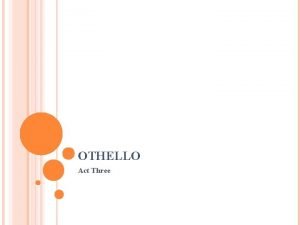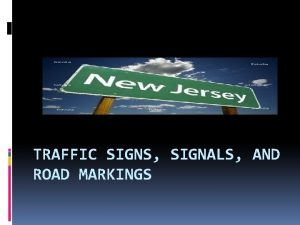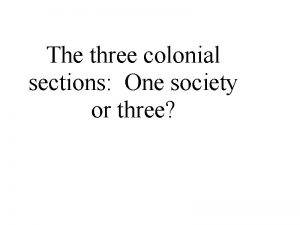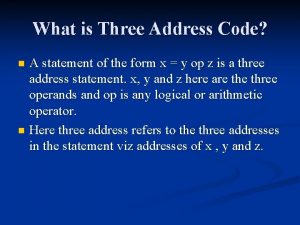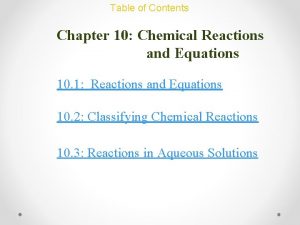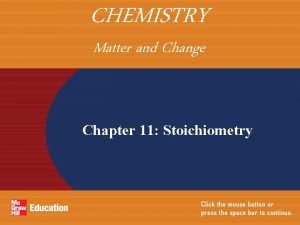Chapter Three Characteristics of Assessment Assessment Characteristics Assessment








- Slides: 8

Chapter Three: • Characteristics of Assessment

Assessment Characteristics: • Assessment, if it is to adequately fulfil its purpose, should satisfy the requirements of three key characteristics: validity, reliability, and practicality.

1. Validity: • It is the degree to which a test measures what it is supposed to measure or can be used successfully for the purpose for which it is intended.

Two questions must always be considered: • 1. What precisely does the test measure? • 2. How well does it do it? • There are, in fact, four kinds of validity, the first: content validity is concerned with what is being tested, and the remaining three: construct validity, empirical validity and face validity are concerned with the extent to which the measurement is satisfactory.

Content Validity: • Almost certainly the most important for the practicing teacher is the extent to which a test adequately covers the syllabus to be tested. A valid test must be based upon a careful analysis of the subject or skill we are testing. It must also be constructed as to represent adequately each portion of this analysis.

Empirical Validity: • If we are to check the effectiveness of a test and to determine how well the test measures, we should relate the test scores to some independent, outside criteria such as scores given at the end of the course or the teacher’s judgement of the students or an external examination.

Face Validity: • This simply means the way the test looks to the examinees, supervisors or in general to the people concerned with the education of the students.

Construct Validity: • A test is said to possess construct validity if it is designed in accordance with a theory of language behaviour and learning.

